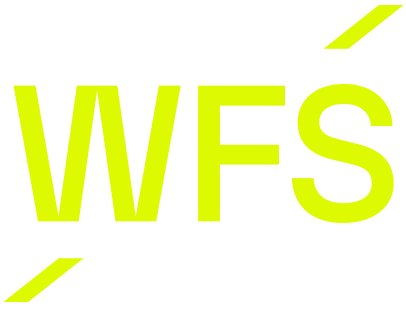The numbers don’t lie: Women’s football is experiencing unprecedented growth. The 2023 FIFA Women’s World Cup captivated over one billion viewers worldwide, while the English Women’s Super League has seen attendance surge by 31% this season alone. But these aren’t just statistics – they represent a fundamental shift in the sports industry landscape and a golden opportunity for brands seeking authentic connections with an engaged, values-driven audience.
The Economic Case for Women’s Football Is Clear
Let’s talk business. Deloitte’s latest analysis reveals that women’s elite sports will generate global revenues of US$1.28 billion in 2024, with football leading the charge at US$555 million. The NWSL’s groundbreaking media deal worth $240 million over four years is just the beginning. UEFA projects the commercial value of women’s club and league football in Europe to reach €686 million by 2033.
But here’s what makes this opportunity truly unique: Women’s football offers brands something increasingly rare in today’s saturated sports market – the chance to be pioneers. The entry point for investment can deliver greater returns compared to other sports, both in terms of financial ROI and brand impact.
Beyond Traditional Sports Sponsorship
The most successful brands in women’s football understand that this isn’t just about logo placement. The recent groundbreaking partnership between Dove and NJ/NY Gotham FC exemplifies this perfectly. In what became the highest back-of-jersey sponsorship deal in NWSL history (valued at over $500,000 per year), Dove’s partnership goes far beyond traditional sponsorship metrics. The alliance centers around Gotham’s «Keep Her in the Game» initiative, which addresses the concerning statistic that girls drop out of sports at twice the rate of boys by age 14.
Innovation in brand partnerships continues to push boundaries. Take Tigres Femenil’s groundbreaking two-year alliance with Warner Bros. Discovery Global Consumer Products and DC Comics, centered around Wonder Woman. This partnership perfectly aligns the team’s «Amazonas» nickname with Wonder Woman’s values of empowerment and strength. The collaboration has already produced remarkable results, including the first-ever collaboration between adidas and DC Comics for a women’s soccer team – a Wonder Woman-inspired pre-match jersey that perfectly blends sports, pop culture, and female empowerment. But that did not stay there, as Atlético de Madrid has also launched its own capsule of the Wonder Woman collection.
This kind of creative thinking extends across the industry. Rexona’s «Breaking Limits» program, active in 13 markets, combines brand visibility with meaningful social impact. Angel City FC’s innovative model, where 1% of ticket revenues go directly to players who support sales initiatives, creates a virtuous circle of growth and engagement. For Unilever, Dove’s parent company (which also owns Rexona), these partnerships represent an expansion of their strategic investment in women’s football, creating authentic engagement that resonates with fans and stakeholders alike.
What sets women’s football apart is its audience. Research shows that 37% of fans actively engage through social media, and 84% of sports fans perceive women’s football as more progressive, less money-driven, and more family-oriented than men’s sports. This presents a unique opportunity for brands to connect with consumers through shared values and authentic storytelling.
The Time to Invest in Women’s Football Is Now
The market is at a critical inflection point. Major brands are taking notice, but there’s still room for innovative players to make their mark. The questions for forward-thinking businesses aren’t about whether to invest, but how and when.
The Next Wave: Infrastructure and New Opportunities
A new frontier is emerging in women’s football: purpose-built stadiums. This infrastructure revolution isn’t just about bricks and mortar – it represents a whole new ecosystem of brand opportunities:
– Naming rights for women’s-specific venues
– Technology integration partnerships for state-of-the-art fan experiences
– Sustainable infrastructure initiatives
– Digital infrastructure and smart stadium solutions
– Community development programs
– Fan experience enhancement opportunities
These new venues will serve as year-round brand activation hubs, offering opportunities for everything from traditional sponsorship to innovative digital engagement. For brands, this represents a chance to be part of women’s football’s physical legacy while creating unique touchpoints with an engaged audience.
Success Stories Through WFS: Where Opportunities Become Partnerships
World Football Summit has consistently served as a catalyst for transformative partnerships in women’s football. Take Rexona’s journey: after participating in WFS, they evolved their approach to women’s football entirely. Emily Heath, Global Partnerships Lead at Rexona, shared at WFS how their research into barriers preventing girls from participating in sports led to a complete reimagining of their engagement strategy.
